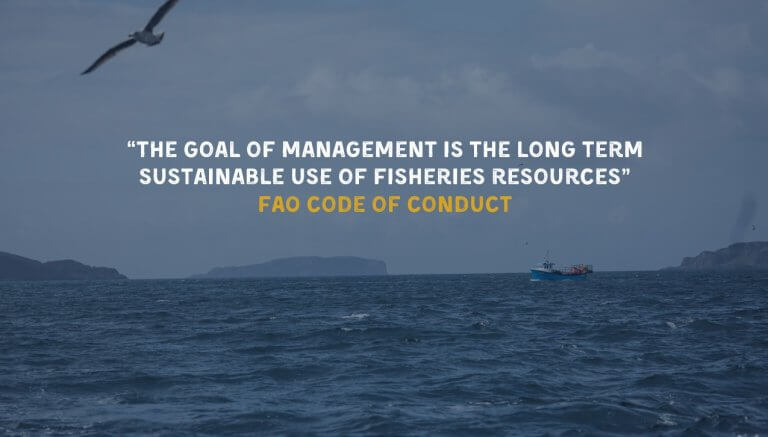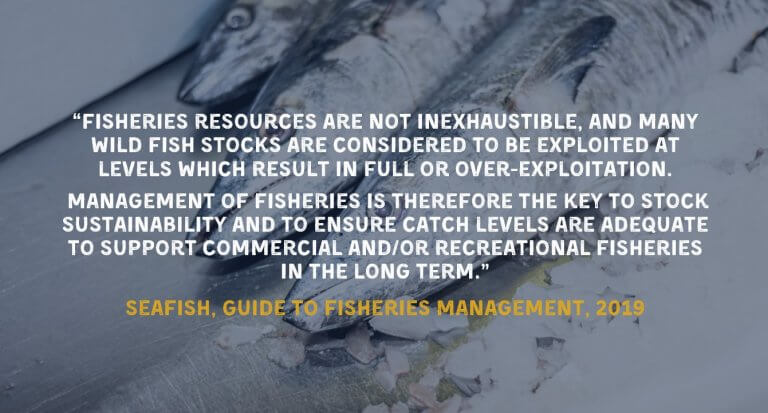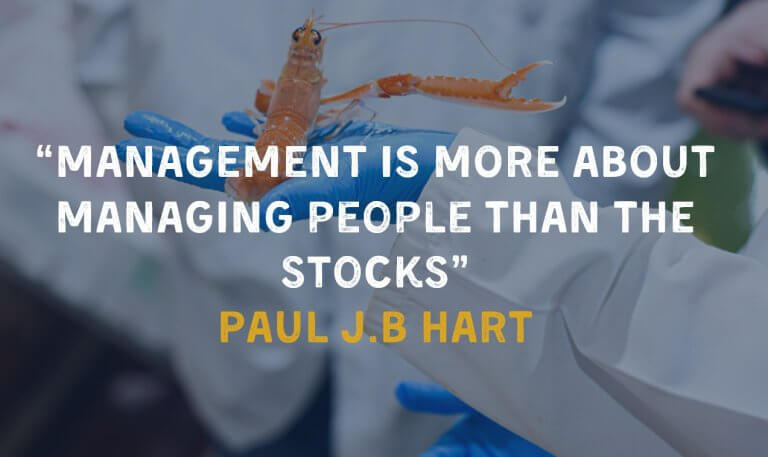Fishermen can participate in all these processes
We aim to show the principles of management, how it is relevant within the UK context and enable fishermen to recognise how and when they will be able to get involved in the management process.
See our page on the Fisheries Management Plans (FMPs) to gain insights and advice on participating in FMPs




